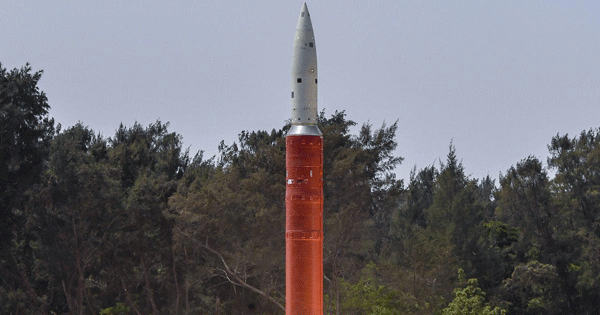The NASA on Tuesday termed as a “terrible thing” India’s shooting down of one of its satellites that has created about 400 pieces of orbital debris, endangering the International Space Station.
NASA Administrator Jim Bridenstine said about 60 pieces have been tracked so far and out of which 24 are going above the apogee of the ISS.
“That is a terrible, terrible thing to create an event that sends debris and an apogee that goes above the international space station. That kind of activity is not compatible with the future of human spaceflight that we need to see have happen,” he said at a NASA townhall in Washington.
“The ASAT test by India last week has resulted in about 400 pieces of orbital debris,” he added.
Bridenstine said not all of the pieces were big enough to track and the NASA is right now tracking objects which are 10 centimeters or bigger.
“Some 60 pieces of orbital debris have been tracked so far, 24 out of which poses risk to the International Space Station,” he said.
Bridenstine was addressing employees of the National Aeronautics and Space Administration days after Prime Minister Narendra Modi, in a televised address, announced that India shot down a satellite in space with a missile, catapulting the country into an elite club of space powers alongside the US, Russia and China
Bridenstine is the first top official from the Trump administration to come out in public against the India’s ASAT test.
“We are charged with commercialising of low earth orbit. We are charged with enabling more activities in space than we’ve ever seen before for the purpose of benefiting the human condition, whether it’s pharmaceuticals or printing human organs in 3D to save lives here on earth or manufacturing capabilities in space that you’re not able to do in a gravity well,” he said.
“All of those are placed at risk when these kinds of events happen,” Bridenstine said as he feared India’s ASAT test could risk proliferation of such activities by other countries.
“When one country does it, other countries feel like they have to do it as well,” he said.
“It’s unacceptable. The NASA needs to be very clear about what its impact to us is,” the NASA Administrator said. –














